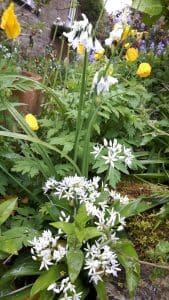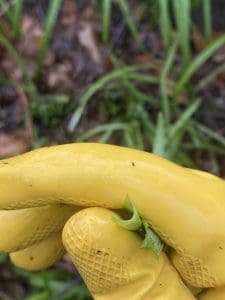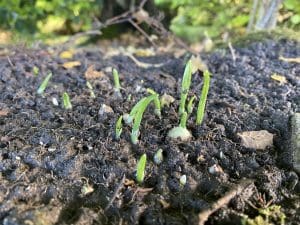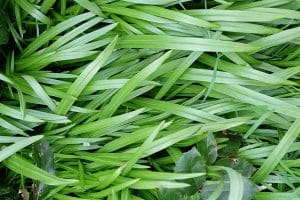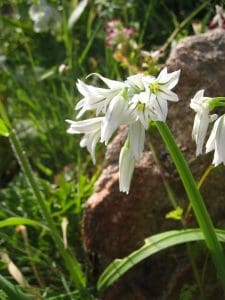Three Cornered Leek/ Spring / Summer/ Edible
Three corner leek is a heavily invasive member of the Allium family which has a chive and leek flavour and can be used in any recipe calling for either of these ingredients.
Common Names
Three-cornered leek/ Snowbell
Botanical Name
Allium triquetrum
Scientific Classification
Kingdom – Plantae
Order –Asparagales
Family – Amaryllidaceae
Physical Characteristics for Three-Cornered Leek
A lovely winter and spring plant that is a fantastic precursor for the more well known Wild Garlic. It can be used in recipes calling for leeks or chives.
Bulb & Leaf
A small bulb growing into long thin waxy leaves which have a triangular shaped vein running down the centre. They have a strong oniony smell when crushed.
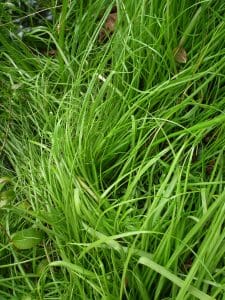
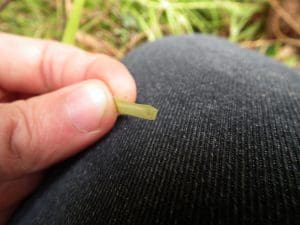
Flowers
It has bell like flowers, each flower with 6 white petals that have a green stripe down the middle.
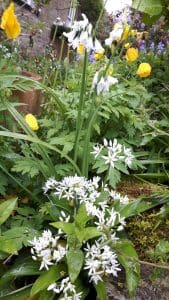
Smell
When crushed this plant has a pleasant oniony smell and a wonderful mild onion flavour.
Three Corner Leek Video
Habitat
Fairly common throughout the UK and Europe.
Found in woodland garden in dappled shade, shady edges of woods and hedgerows.
Known Hazards
Has known to be toxic to some animals including dogs.
Could be confused with
Bluebells, Snowdrops, other wild Alliums such as Few-flowered leek. The key for Three-corner Leeks is that the leaf cross-section has 3 edges.
Edible Use
The whole of the plant is edible, the leaves, stems and flowers are great in salads, or a replacement for onions or leeks in any dish. The roots are edible but the flavour is similar to the rest of the plant so by eating the roots you’re reducing how much will return the following year.
Herbal
They contain sulphur which can help reduce cholesterol.
Extra notes from the Foragers
Three-cornered leek can often be found growing in with toxic Bluebells, so check for the triangle shaped vein on each leaf you harvest.



